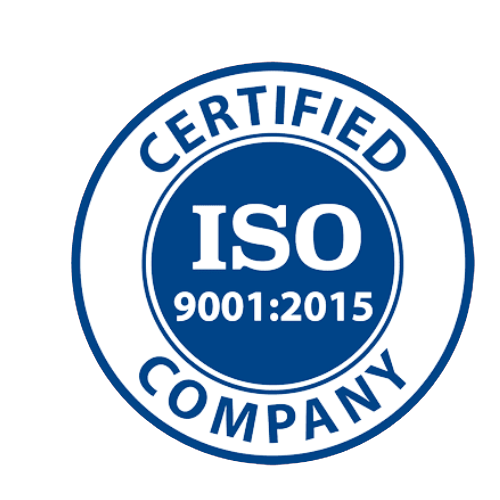In today’s interconnected world, where information flows effortlessly across borders, translation solutions powered by Artificial Intelligence (AI) have become a cornerstone of global communication. As these solutions evolve and reshape the translation landscape, an essential aspect demands unwavering attention: the preservation of data privacy and confidentiality. In this blog, we explore the critical importance of maintaining privacy while harnessing the power of AI-driven translation solutions.
The Promise of AI-Driven Translation:
AI-driven translation solutions have revolutionized the speed and efficiency of language conversion. These technologies leverage vast datasets and intricate algorithms to deliver near-instantaneous translations, enabling seamless communication across languages and cultures. However, with great power comes great responsibility – the responsibility to ensure that sensitive information remains secure and confidential.
Navigating Data Privacy Challenges:
User Data: AI-driven translation solutions often process vast amounts of user-generated content. This content might include personal messages, documents, or sensitive business communications. Safeguarding this user data against breaches or unauthorized access is paramount.
Intellectual Property: Businesses often entrust AI-driven solutions with proprietary content, such as product descriptions, marketing materials, and legal documents. Ensuring that this intellectual property remains confidential is crucial to maintaining a competitive edge.
Regulatory Compliance: Different regions and industries have varying regulations regarding data protection and privacy. AI solutions must adhere to these regulations, which can be complex and stringent, to avoid legal consequences.
Implementing Robust Privacy Measures:
Encryption: Encryption is a cornerstone of data privacy. Ensuring that data is encrypted during transmission and storage significantly reduces the risk of unauthorized access.
Access Control: Implementing strict access controls ensures that only authorized personnel can access sensitive data. This minimizes the chances of data breaches due to internal vulnerabilities.
Anonymization: In some cases, anonymizing data – removing personally identifiable information – can provide an additional layer of protection, especially in scenarios where data is used for training AI models.
Transparency: Transparent communication about how data is collected, processed, and used instills trust among users. Clear privacy policies and consent mechanisms empower users to make informed choices.
Ethical Considerations:
Maintaining data privacy in AI-driven translation solutions goes beyond compliance; it’s an ethical obligation. Users entrust AI providers with their information under the assumption that it will remain secure. Upholding this trust not only safeguards businesses from legal repercussions but also fosters goodwill and long-lasting relationships with users.
Conclusion: A Privacy-First Approach
In the era of AI-powered translation, striking the balance between efficient communication and data privacy is imperative. As technology advances, so does the responsibility to implement robust privacy measures that protect user data and intellectual property. By adopting a privacy-first approach, AI-driven translation solutions can navigate the intricate landscape of data privacy challenges while upholding their commitment to fostering global communication and collaboration.




